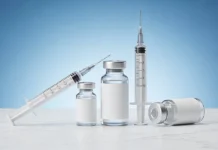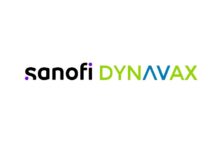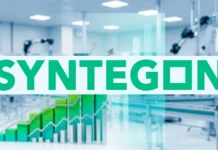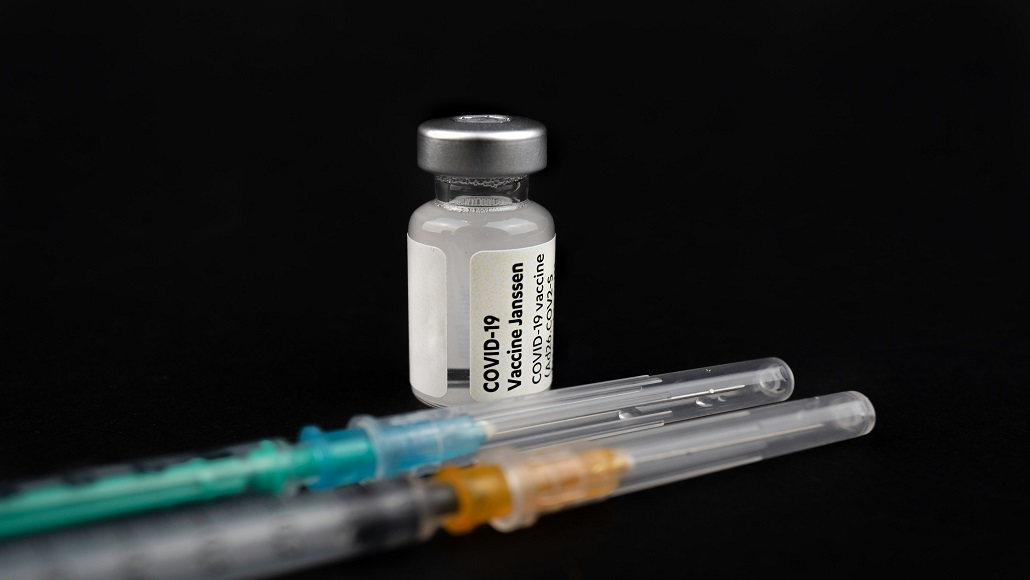According to a recent analysis released by MarketsandMarkets, the injectable medication delivery market is expected to grow at a compound annual growth rate (CAGR) of about 9% between 2024 and 2029.
By 2029, this market is projected to be worth $1139 billion.
It should be mentioned that injectable medications are being used extensively to treat TB and other chronic illnesses like HIV/AIDS. According to the paper, the treatment plan for the latter mostly consists of injectable medications such as streptomycin, isoniazid, and rifampin in addition to oral antibiotics.
Conversely, injectable vaccinations work by stimulating the immune system to help ward against diseases like the flu. The study emphasizes that this mechanism in the body is apparently driven to produce antibodies in order to avoid infection.
Notably, North America had the greatest market share in 2023 due to the region’s willingness to invest in cutting-edge technologies such as injectable medication delivery systems. This contributed to the market’s expansion and the region’s acceptance of these therapies, in a sense.
The survey also revealed that the market for injectable medication delivery was significantly influenced by more technological breakthroughs, an increase in the prevalence of chronic illnesses, and increased government support from across the globe.
The research went on to say that improved infrastructure throughout the healthcare spectrum and countries that are experiencing rapid urbanization are contributing factors to the industry’s current boom. All of this has increased drug accessibility for injectables. Pharma companies in the injectable medication delivery business are refocusing their efforts to increase their market share in order to facilitate this expansion.
In the market for injectable medication delivery, approvals
Zepbound, an injectable from Eli & Lilly, became the first and only obesity medication to be authorized by the US FDA in November 2023. Additionally, in October 2022, GSK BOOSTRIXes were authorized for use in babies less than two months old. The research continued by stating that Teva Pharmaceuticals Industries Ltd., Sandoz, and Eli Lilly and Company are the three main competitors in the injectable medication delivery business.



















